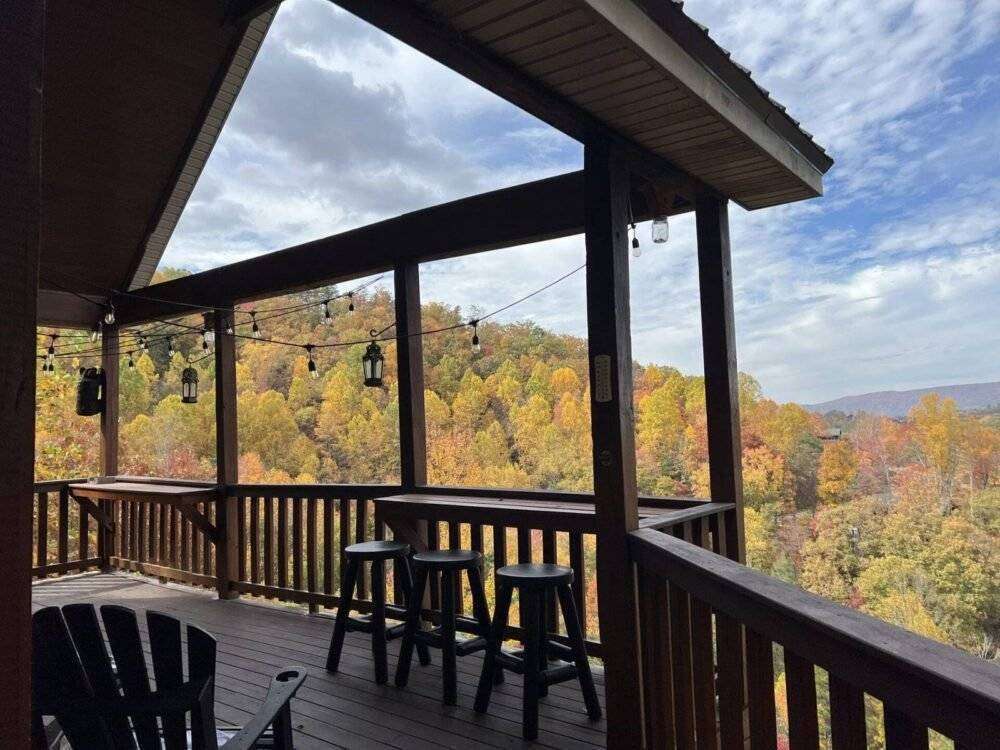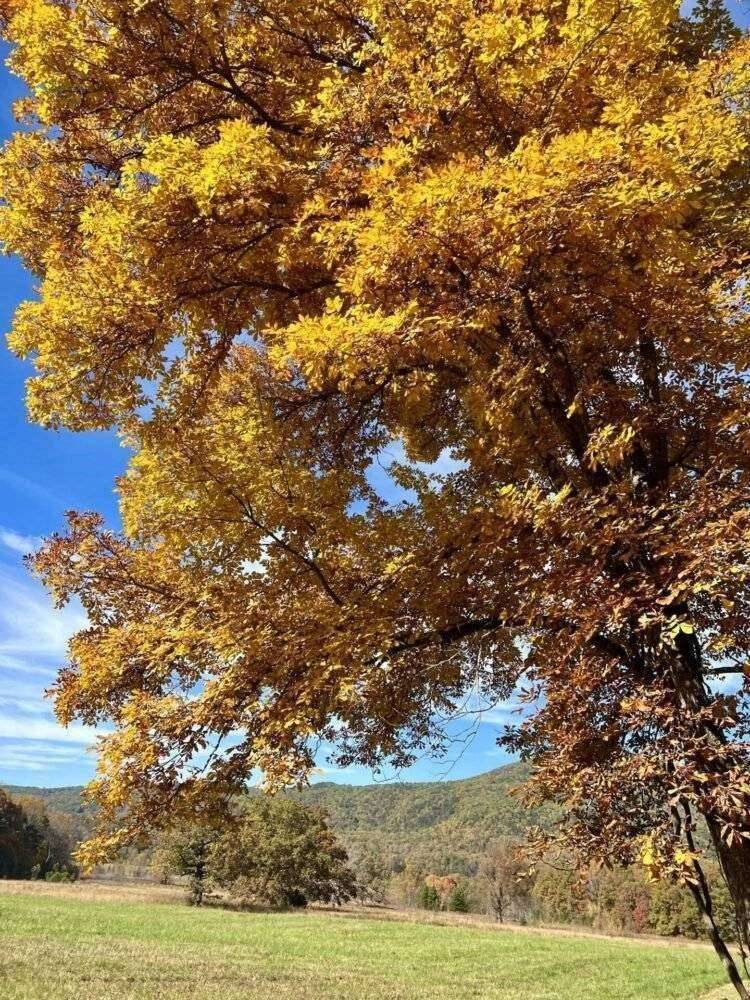Nestled amid the Himalayas, the Everest Base Camp trek is a beacon of hope for adventure seekers looking for an incredible experience. This well-known hike offers fantastic views of Mount Everest, the highest peak in the world, and a rich cultural experience. Trekkers are exposed to the diverse fabric of Sherpa culture as the trail winds past isolated Sherpa communities. Sherpas have a significant cultural impact along the EBC trail because they are essential to Everest expeditions and are renowned for their tenacity and mountaineering skills. Trekkers get an incredible trekking experience as they make their way through this challenging yet breathtaking terrain, taking in the natural marvels and the Sherpa people’s rich cultural legacy.
Table of Contents
Who are the Sherpas?
The Sherpas, a native population living in Nepal’s Himalayan highlands, are well-known for their extraordinary climbing abilities and distinctive cultural legacy. The Sherpas moved to Nepal from Tibet several hundred years ago and settled in the high alpine areas. In Tibetan, ” Sherpa ” means “eastern people,” signifying their geographic roots.
The Sherpa people’s history is deeply entwined with their function as skilled climbers and guides in the problematic Himalayan landscape. Their natural aptitude for negotiating the rugged alpine terrain has rendered them essential to Everest missions. Sherpas accompany climbers trying to reach the highest peaks in the world, such as Mount Everest, by acting as guides, porters, and other staff members. They are essential to the Everest climbing community because of their strength, resiliency, and strong bond with the mountains. Their accomplishments have brought them notoriety on a global scale within the mountaineering community.
Sherpa Villages on the EBC Trail
The Sherpas, a native population living in Nepal’s Himalayan highlands, are well-known for their extraordinary climbing abilities and distinctive cultural legacy. The Sherpas moved to Nepal from Tibet several hundred years ago and settled in the high alpine areas. In Tibetan, ” Sherpa ” means “eastern people,” signifying their geographic roots.
The Sherpa people’s history is deeply entwined with their function as skilled climbers and guides in the problematic Himalayan landscape. Their natural aptitude for negotiating the rugged alpine terrain has rendered them essential to Everest missions. Sherpas accompany climbers trying to reach the highest peaks in the world, such as Mount Everest, by acting as guides, porters, and other staff members. They are essential to the Everest climbing community because of their strength, resiliency, and strong bond with the mountains. Their accomplishments have brought them notoriety on a global scale within the mountaineering community.
Cultural Practices and Traditions
The Sherpa people have a strong sense of spiritual connection to the Himalayan region, reflected in the complex tapestry of customs, festivals, and everyday rituals they uphold.
1. Exploration of Sherpa Customs and Festivals:
Sherpas follow many different traditions, but hospitality is at the heart of their culture. Greeting visitors with ceremonial scarves (khata) and traditional Tibetan tea (butter tea) is customary. Tibetans celebrate Losar, the New Year, with great excitement, characterised by colourful processions, traditional dances, and religious rites. Tengboche Monastery hosts the intricate Buddhist festival Mani Rimdu, which features religious performances and mask dances that shed light on the spiritual and cultural customs of the Sherpas.
2. Significance of Buddhism in Sherpa Culture:
Buddhism heavily influences Sherpa culture, which also shapes their way of life and worldview. Spiritual hubs are monasteries with elaborate murals and prayer flags. Along the trekking pathways are Mani stones and prayer wheels that bear Buddhist mantras, signifying a journey to enlightenment. Sherpa’s devotion to Buddhism is demonstrated by their practice of spinning prayer wheels and reciting mantras, which promotes serenity and reverence in the face of the harsh Himalayan landscape.
Trekkers can see how Buddhist teachings and Sherpa customs coexist peacefully as they follow the Everest Base Camp trail. They acquire a deep understanding of the cultural diversity that characterises the Sherpa way of life.
Local Cuisine and Hospitality
1. Overview of Traditional Sherpa Foods:
Trekking to Everest Base Camp exposes hikers to the delicious world of traditional Sherpa cuisine and offers stunning vistas. Tsampa (roasted barley flour), Thukpa (noodle soup), and Gundruk (fermented leafy greens) are examples of staple meals. The robust Sherpa stew, called Khapse, is frequently served at festivities and festivals, and momos, or dumplings, are a testament to the skill of Sherpa cooks. The food is influenced by the high altitude, focusing on filling healthy dishes to provide hikers with the energy they need to complete the arduous journey.
2. Insights into the Warm Hospitality of Sherpa Teahouses:
Along the EBC trek, Sherpa tea houses provide more than just places to stay; they serve as a doorway to the essence of Sherpa hospitality. Trekkers get to know the local way of life and are greeted with warmth and pleasant lodging. Sherpa hosts foster a spirit of brotherhood by hospitably sharing their homes and tales. Trekkers can relax, exchange stories, and enjoy home-cooked Sherpa meals at the standard teahouses. The walk becomes more than just a physical excursion when you experience the hospitality of Sherpa teahouses; it becomes a cultural and culinary adventure as well.
Overview of Traditional Sherpa Foods:
Trekking to Everest Base Camp exposes hikers to the delicious world of traditional Sherpa cuisine and offers stunning vistas. Tsampa (roasted barley flour), Thukpa (noodle soup), and Gundruk (fermented leafy greens) are examples of staple meals. The robust Sherpa stew, called Khapse, is frequently served at festivities and festivals, and momos, or dumplings, are a testament to the skill of Sherpa cooks. The food is influenced by the high altitude, focusing on filling healthy dishes to provide hikers with the energy they need to complete the arduous journey.
Insights into the Warm Hospitality of Sherpa Teahouses:
Along the EBC trek, Sherpa tea houses provide more than just places to stay; they serve as a doorway to the essence of Sherpa hospitality. Trekkers get to know the local way of life and are greeted with warmth and pleasant lodging. Sherpa hosts foster a spirit of brotherhood by hospitably sharing their homes and tales. Trekkers can relax, exchange stories, and enjoy home-cooked Sherpa meals at the standard teahouses. The walk becomes more than just a physical excursion when you experience the hospitality of Sherpa teahouses; it becomes a cultural and culinary adventure as well.
Trekkers get to observe and support the rich creative history that defines Sherpa’s identity, in addition to taking in the spectacular scenery along the Everest Base Camp trail.
Challenges and Changes in Sherpa Culture
Discussion on How Modernization and Tourism Impact Sherpa Traditions:
Sherpa customs are undergoing changes and challenges due to urbanisation and growing tourism in the Everest region. Tourism has brought new opportunities and challenges to traditional life through modern conveniences. The flood of tourists brings outside influences that affect everything from economic activity to architecture. Influenced by external trends, youth from the Sherpa people must balance maintaining their cultural heritage with adjusting to the rapidly shifting tourism sector.
The Delicate Balance Between Preserving Culture and Adapting to Change:
It takes careful balancing to embrace progress and preserve Sherpa culture. The community needs help to withstand commercialization pressures while maintaining its identity. While acknowledging the financial advantages of tourism, Sherpas work hard to maintain their cultural legacy. Finding this balance requires a strong focus on initiatives supporting cultural preservation and responsible tourism. Together, the Sherpas overcome these obstacles and work to preserve the spirit of their traditions so that tourists and locals alike can have a distinctive and genuine experience.
Responsible Tourism and Sherpa Culture
Encouraging to Support Sherpa Communities:
Travellers must adopt ethical tourism practices that preserve and honour Sherpa culture as interest in the Everest Base Camp climb develops. Making decisions that minimise their adverse environmental effects and support local communities is part of responsible tourism. One of the essential methods to ensure that tourism helps Sherpa villages without losing cultural integrity is supporting locally owned companies, following cultural traditions, and becoming involved in community programs.
Tips for Trekkers on Cultural Appreciation and Sensitivity:
- Study Sherpa Culture: Spend some time learning about the rituals, traditions, and way of life of the Sherpa people before starting your trek. When interacting, this information improves cultural awareness.
- Honour Local Traditions:
- Honour regional traditions and customs.
- Before shooting any pictures, get permission and be aware of religious businesses and holy locations.
- Respect the area’s rich cultural legacy by interacting politely with the local populace.
- Choose locally owned eateries, retail stores, and tea rooms to show your support for small businesses. This guarantees that the Sherpa community will directly profit from your tourism expenditures, promoting sustainable economic growth.
- Reduce the Impact on the Environment: Adhere to the Leave No Trace philosophy by using less plastic and appropriately disposing of garbage. Trekkers and Sherpas alike value the pristine natural splendour of the Himalayas, so protect its delicate ecosystem.
- Participate in Cultural Exchanges: Use the chance to interact culturally with Sherpa people. Engage in customary pursuits, attend neighbourhood gatherings, and cultivate sincere relationships. This encourages appreciation and understanding between people.
- Participate in Community Initiatives: Fund community-driven programs and projects emphasising environmental preservation, healthcare, and education. This hands-on involvement guarantees that the well-being of Sherpa communities will benefit from your stay.
By implementing these responsible tourism practices, Trekkers may contribute significantly to preserving Sherpa culture while experiencing the unmatched splendour of the EBC trek.
Conclusion
Trekkers travelling the fabled Everest Base Camp trek are negotiating massive peaks and setting out on a cultural expedition through the core of Sherpa tradition. The Himalayan scenery is interlaced with the rich tapestry of Sherpa culture, offering an enthralling fusion of customs, tenacity, and spiritual profundity.
In summary, Sherpa settlements along the EBC trek provide a window into a world where tradition and modernity coexist harmoniously. Every stop along the way offers a new perspective on culture, from the exquisite artwork that adorns monasteries to the mouth watering flavours of traditional Sherpa food.
As the journey progresses, it becomes clear how industrialization and tourism affect Sherpa villages in positive and negative ways. The Sherpas’ resilient character is demonstrated by their careful balancing act between upholding customs that date back hundreds of years and embracing modernity.
Trekkers are urged to fully immerse themselves in this cultural experience when they part ways. Experience the kindness and creativity of Sherpa hospitality, recognize the skill in their work, and behave sensibly to preserve this cultural heritage for future generations. The Everest Base Camp trip is a very moving examination of the remarkable Sherpa culture, which embodies the spirit of this incredible expedition, in addition to being a strenuous physical ascension.
And no matter where you choose for your next trek, always remember to Travel Till You Drop!
Book Your Trip : Check Out My Resources for Your Travel Needs
Use Skyscanner to find a cheap flight. This is my very first stop when I’m looking for my next trip. It’s a fast, easy-to-use search engine that is perfect for finding an affordable flight, a perfect hotel, and the right rental car for you in locations around the globe.
Book Your Accommodation
If you are looking for a super budget friendly location and are open to a hostel stay, make sure you book your hostel with Hostelworld. It offers the broadest range of quality hostels around the world.
If you’d prefer a hotel or a guesthouse for stays less than 28 days, drop on over to Booking.com It’s perfect for providing excellent options, a ton of user reviews, and prices to fit every budget.
For stays over 28 days, AirBnB still remains my #1 choice. User reviews and monthly pricing allow for some incredible deals all around the world.
Don’t Forget Travel Insurance
Travel insurance is but a small up-front investment that you won’t want to leave home without. After just one experience of having to delay or cancel your trip or having your luggage stolen, you’ll wish you would have made that investment. I’ve hated my life a few times when the moment arose, and I decided to skip out. Let’s just say, I’ve changed my ways and recommend each of the following companies to protect your ass-ets.
My favorite companies are:
- SafetyWing (best for All Travelers)
- World Nomads (best of Adventure Travelers)
- MedJet (great for additional evacuation coverage)
Want to Travel for Free?
Travel credit cards allow you to earn points that can be redeemed for free flights and accommodation — all without any extra spending. Check out my guide to getting free flights to get started.
Ready to Book Your Trip?
Check out my Resource Page for the best companies to help you book your travel at reduced rates! This list will help you get to where you’re going. I know-I use them ALL the time!





